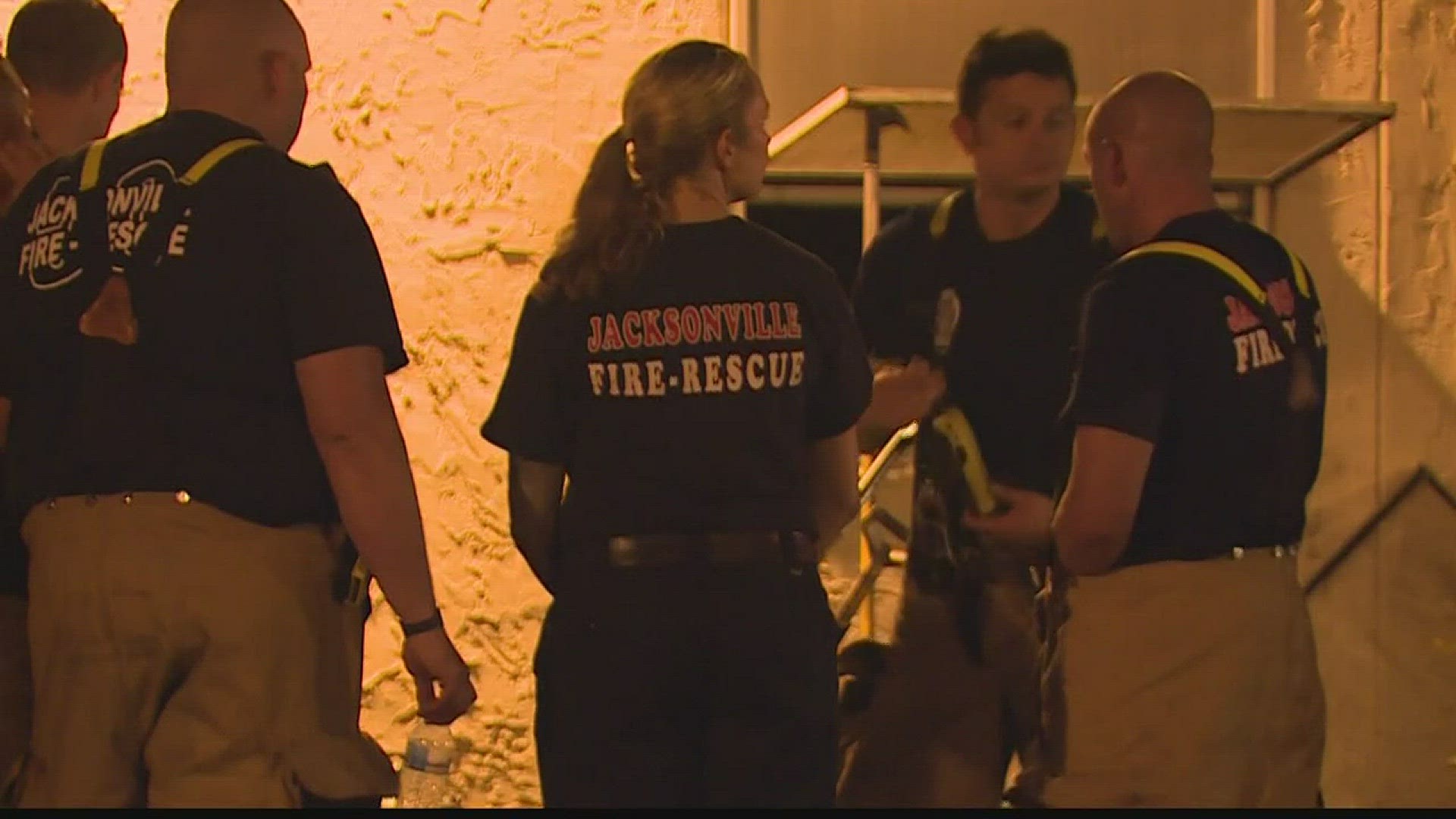JACKSONVILLE, Fla. - The budget approved by the Jacksonville City Council earlier this week includes funding for improvements for both public and firefighter safety.
At a roundtable discussion with city leaders, Jacksonville Fire and Rescue (JFRD) Fire Chief Kurtis Wilson outlined highlights of the budget for JFRD. They include two new fire stations, 42 additional JFRD staff, additional funding for medication related to opioid overdose calls and new gear and equipment to enhance firefighter safety.
One of the fire stations will go near I-295 and Baymeadows, according to Jacksonville Association of Firefighters President Randy Wyse.
That area is currently lacking, and as a result Wyse said homeowners pay more for insurance.
“When the staffing gets there and the station gets built it will actually…lower their homeowner’s policy,” Wyse said. Additionally, the new station will cut down on response times.
That area, near the Town Center, is often congested, which can be problematic for emergency responders.
“I’ve heard certain companies that just say ‘hey, you need to send somebody else, it’s absolute gridlock and we can’t get through,’” Wyse said.
The new station, though, will provide additional resources in the area, Wyse said.
“So, you’ll have actually one kind of on the south end and you’ll have [station] 28 there off Southside Boulevard on the north end,” he said. “So again, teaming up with those they should be able to get in there a lot quicker.”
In addition to public safety, firefighters are also getting a boost to their personal safety. The budget funds a second set of bunker gear, the gear crews wear while fighting fires, for each member. Wyse said each set is priced $700-800 and there are around 1300 firefighters.
“What you do is have products of combustion when you go in a home, and those are carcinogens,” Wyse said.
All that material settles on the gear, which means firefighters have to wash it frequently or risk being exposed to the cancer-causing matter. The second set will allow them to rotate while one set is washing.
“Firefighters’ chance of getting cancer later in life is really through the roof compared to the regular citizens, it’s really high,” Wyse said. “So anything we can do to lower those risks would be a great thing for firefighters.”

